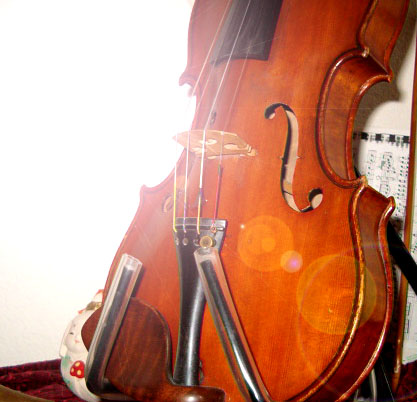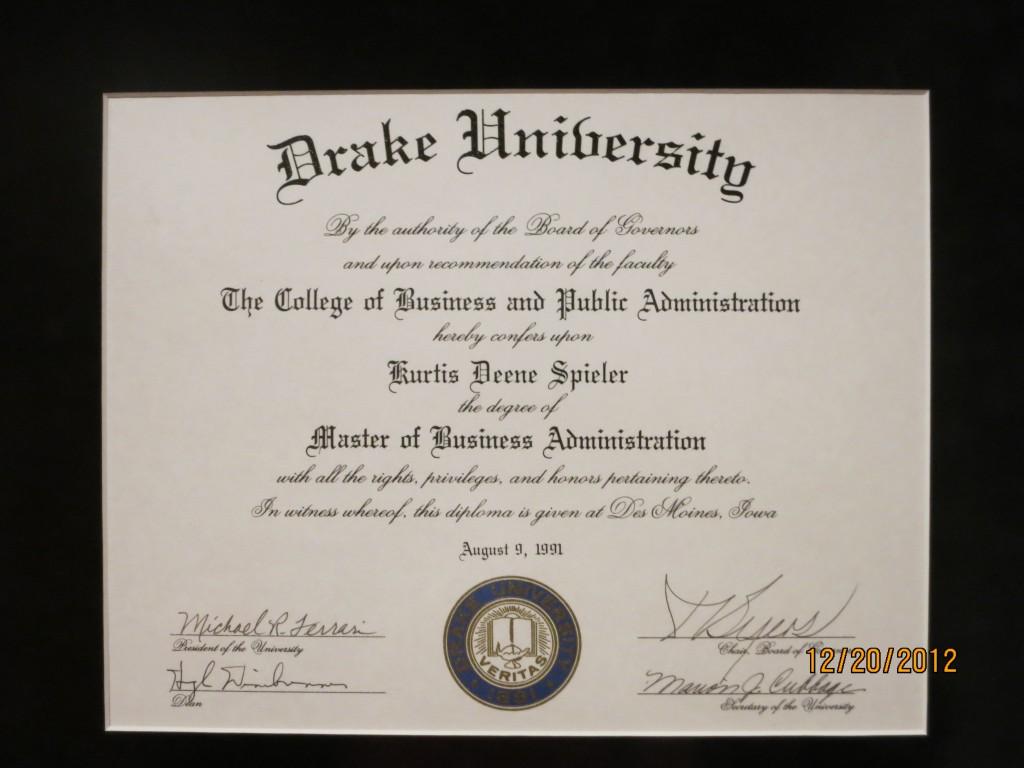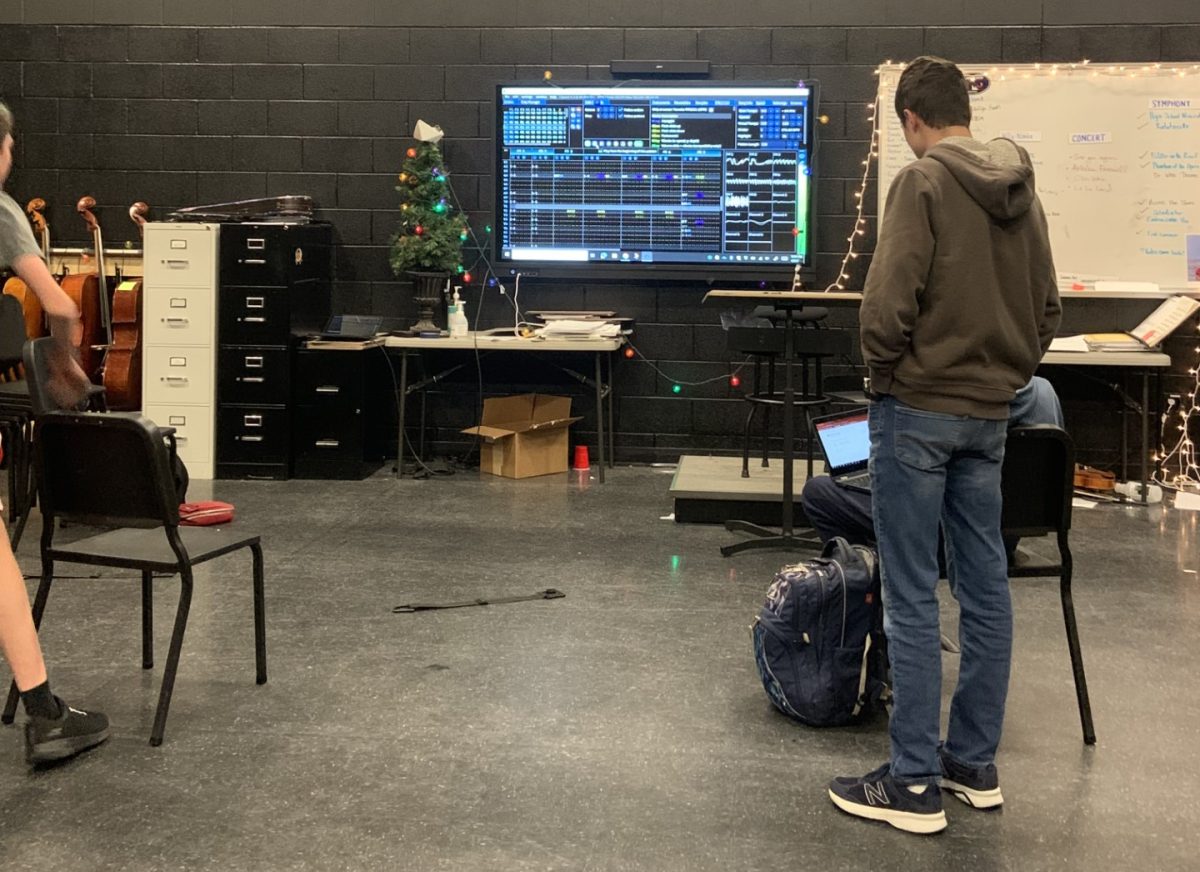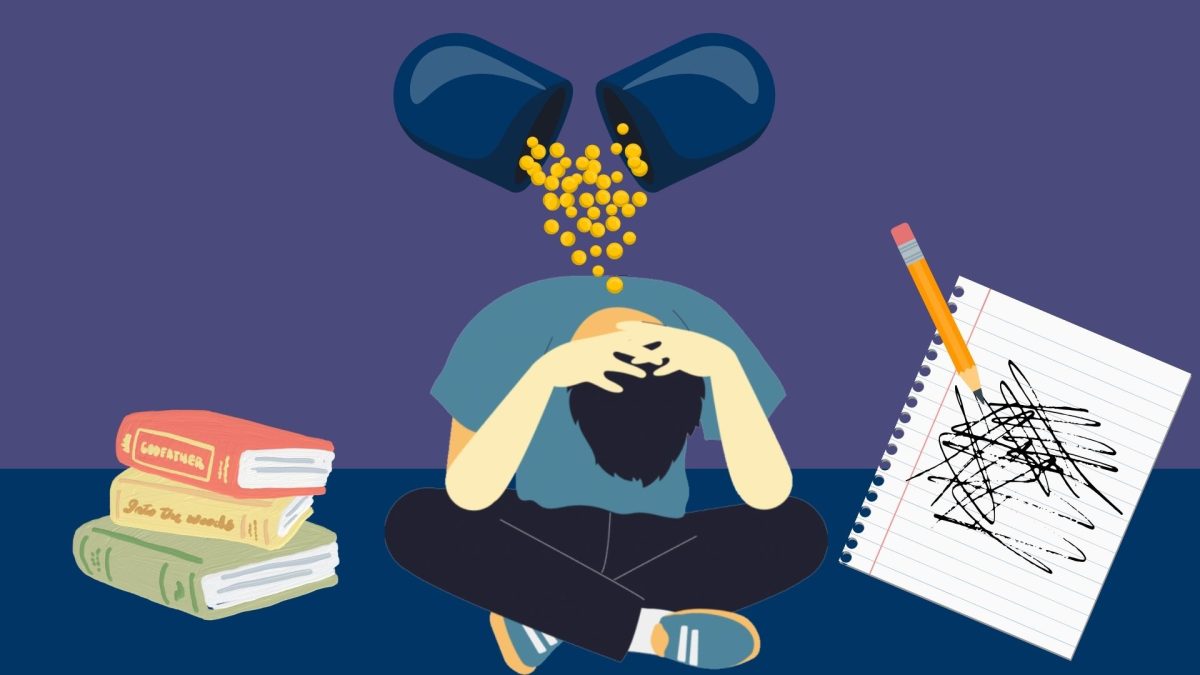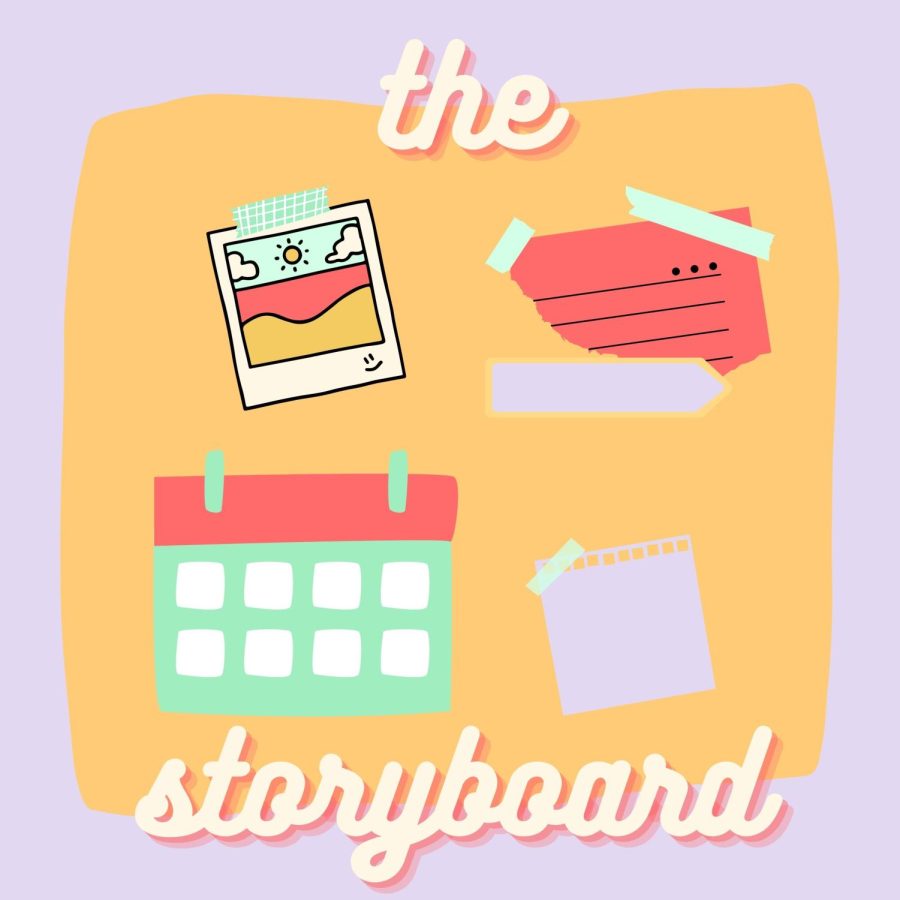As teenagers, we’ve all had our parents pull those ‘over protective’ moments on us. They ask us if we have a boyfriend, what kind of people we hang out with, and what kind of places we go to. They are constant in monitoring if we sleep enough, if we eat enough, if we exercise enough and if we’re wearing enough clothing to school. They make sure every aspect of our lives are appropriate and safe. Without them, many of us would have likely fallen down the wrong path. But does your mother care to ask you what type of music you listen to? Maybe she should.
The definition of music, according to a compilation by Google, is “the art or science of combining vocal or instrumental sounds (or both) to produce beauty of form, harmony, and expression of emotion”. It sounds so impersonal in type, doesn’t it? Turns out, the musicians in FRHS said quite the opposite of anything impersonal. Sophomore Daniel Stroh described music as “a way to express yourself”. Sophomore Clara MacFarland asserted that “music makes a community that I am a part of. It gives me a place.” To many at Fossil, music is not only a hobby, but a way of life. Junior Lisa Harrison put it almost poetically: “Music is the outward expression of inward theme”.

Photo Credit: Vickie Bonnema
But what is music really? What does it do to us? Although researchers haven’t actually found a place where music resides in our brains, there are spots that are stimulated when it comes to certain aspects of music, as was investigated in an article on the Harvard Gazette, “Music on the Brain” by William J. Cromie. The right hemisphere of the brain is generally responsible for recognizing pitch, rhythm, melody, harmony and timbre, or the recognition of differentiating tones such as when a piano plays an A as opposed to when a trumpet plays an A. The frontal cortex, located in the front of your brain where your memories are, is also responsible for rhythm and melody recognition. All music is also very closely tied to the motor system which controls movement—even if you are not physically moving, your mind is still subconsciously thinking about moving to the beat.
Music also has proven to have a great effect on societal and individual behavior. In a Scientific American Mind article written by Christiane Gelitz entitled “You Are What You Like”, it was noted that music is an indicator of personality type, that a complete stranger, given ten of your favorite songs, can be relatively accurate in how open you are and what you value. It can also be determined weather or not you are likely to get along with another person when your music preferences are compared. Music is a very real form of expression, often used as an outlet.
As music enthusiast and author of This is Your Brain on Music Daniel J. Levitin described, “Our brains are maximally receptive—almost sponge like—when we’re young, hungrily soaking up any and all sounds they can and incorporating them into the very structure of our wiring”. Not only are the things that we listen to indicators of who we are, but they might also be, in their very essence, like Jell-O molds that our brains shape themselves into.
Some FRHS students can testify to these assertions positively. Harrison admitted that “music has made me more open. It gives me a medium to express myself through”. Junior Shauna Kommrusch agreed that “music influences your attitude in different aspects of life”. Other students weren’t so sure that music had such an impact on their personality. Bailey couldn’t quite tell how music affected his personality, expressing, “I listen to a lot of classical music, so people think I’m a classical snob.” He shrugged soon after, “It’s probably true”. Stroh admitted that music is “definitely a part of me, but maybe not part of how I act”. MacFarland is in the FRHS marching band, and thus is always surrounded by band music, but still isn’t sure that music really effects the way she acts. She does, however, assert one crucial aspect of music: “Whatever [music] talks about becomes important to teens. It can often promote the wrong things”.

Photo Credit: Vickie Bonnema
This fact in addition to the observation that teenagers have become more and more dependent on music as an expression of emotion can be a dangerous combination. Harrison admits that most music has a peculiar effect on people, “giving us a pre-wrapped emotion to feel”. Even outside of musicians, she notes, most teenagers take refuge in music. Susan Buttross, the chief of child development and behavioral pediatrics at the University of Mississippi Medical Center, asserts that “most children between ages 2 and 18 spend upward of seven hours a day ingesting some sort of media”. With this much exposure to media influences, it is natural that children and teens alike begin to emulate the mindsets of their favorite artist, weather it be Justin Beiber or the latest rap star.
Many teens, however, don’t see the negative effects of music. Many see only the good effects, both Stroh and Bailey claiming that there are no negative effects to music at all. In fact, Kommruch’s first thought to “negative effects of music” was “deafness”; any mental or behavioral problems weren’t the first things to cross her mind. It goes to show that the main reason for teenagers to, as Harrison put it, “communicate effectively”. There is also a clear resonance with music between many of those who were interviewed. Both Bailey and Harrison agreed that they couldn’t live without music for “two seconds” and that their greatest musical enemy was “screamo” because of its negativity and anger. Both teenagers were very sure on their opinions of music and its messages, as if they had thought about it for an extensive period before hand.
Teens actively going against a certain type of music shows subconscious acknowledgement of the importance of music; they are aware that it affects them in one way or another. As the article “You Are What You Like” emphasizes, there are many ways that music can influence us, either as an indicator of who we are or as a fingerprint on our future behaviors. So perhaps your mother should be listening to your YouTube playlists; she’ll probably learn something new about you.


